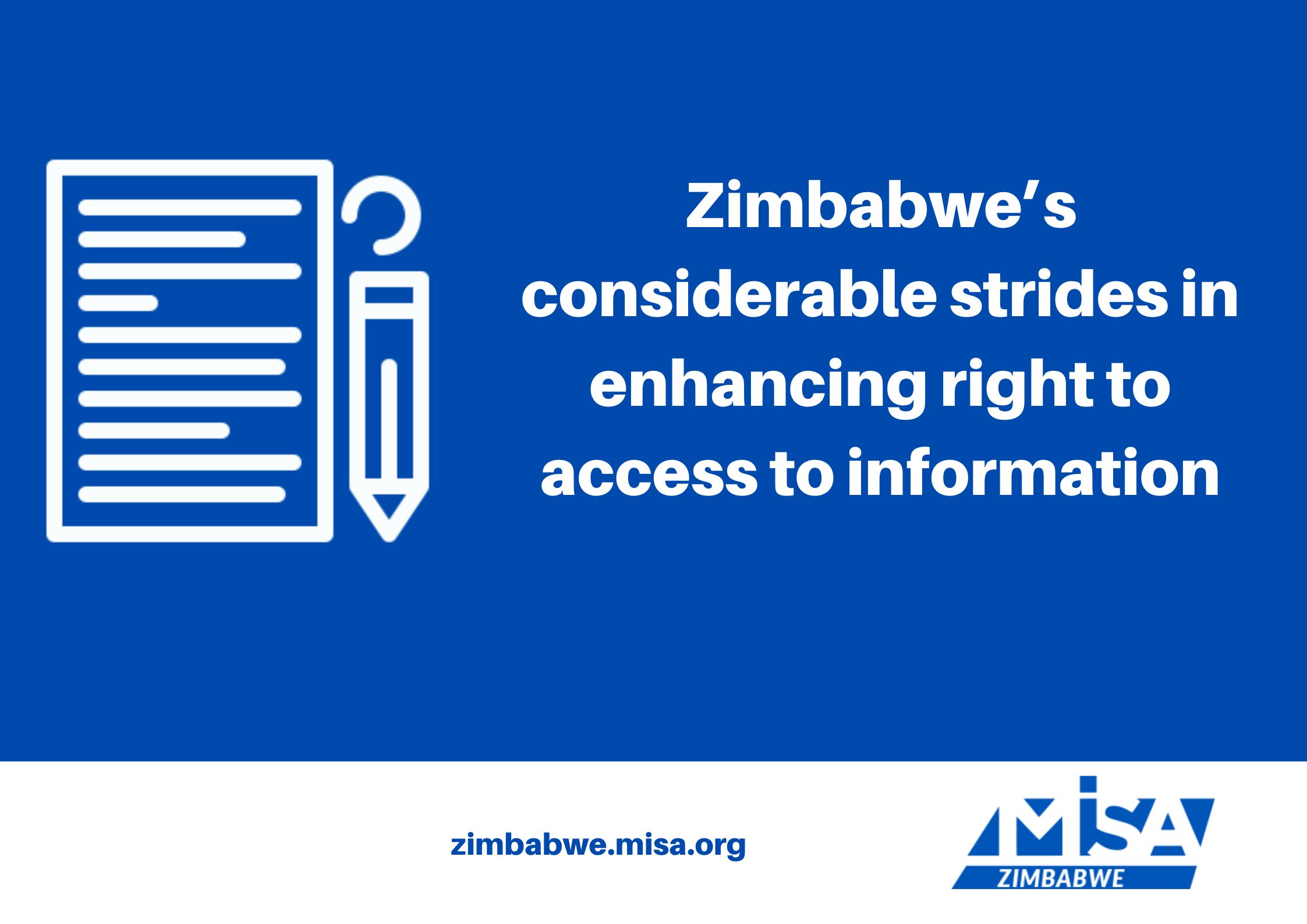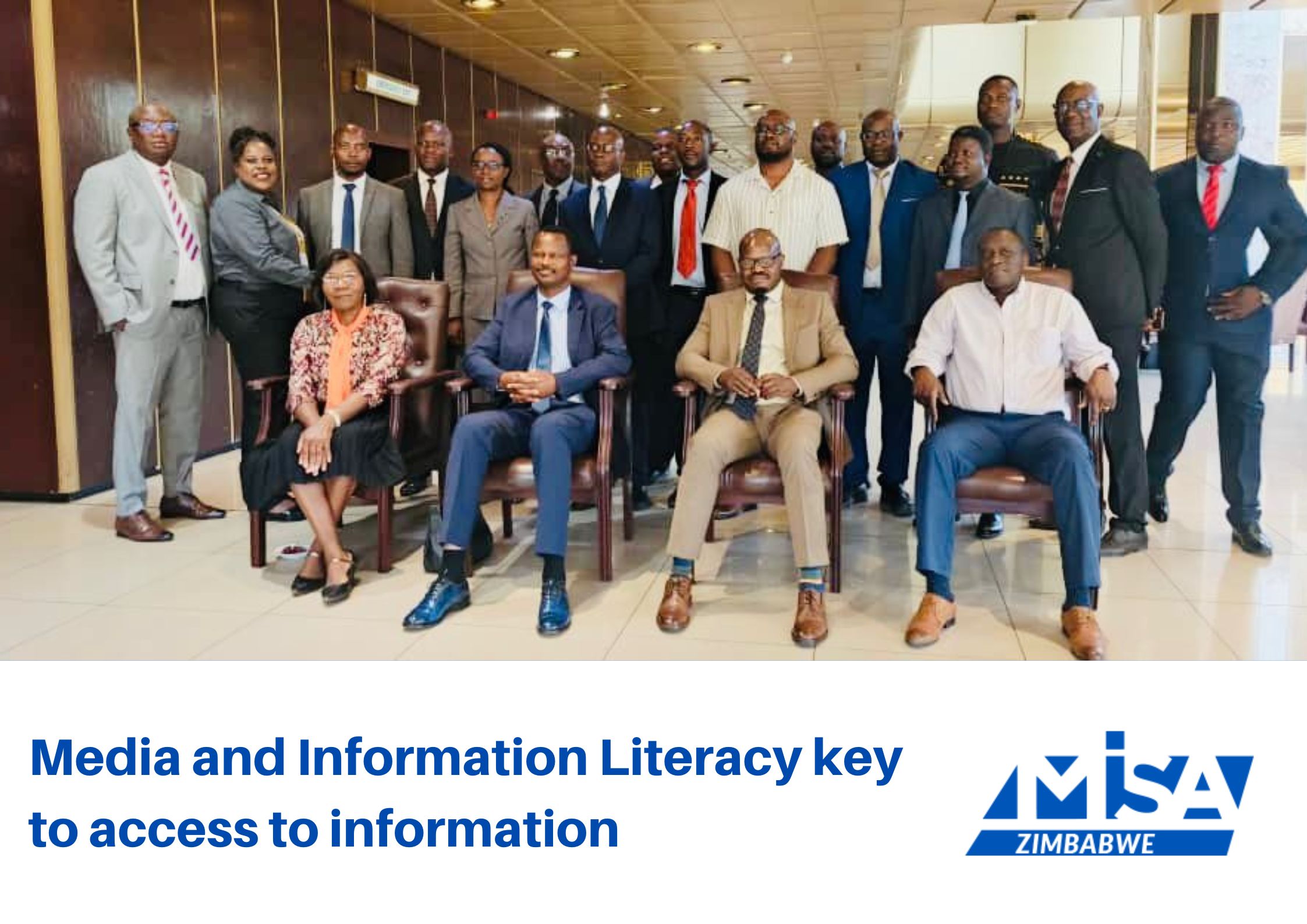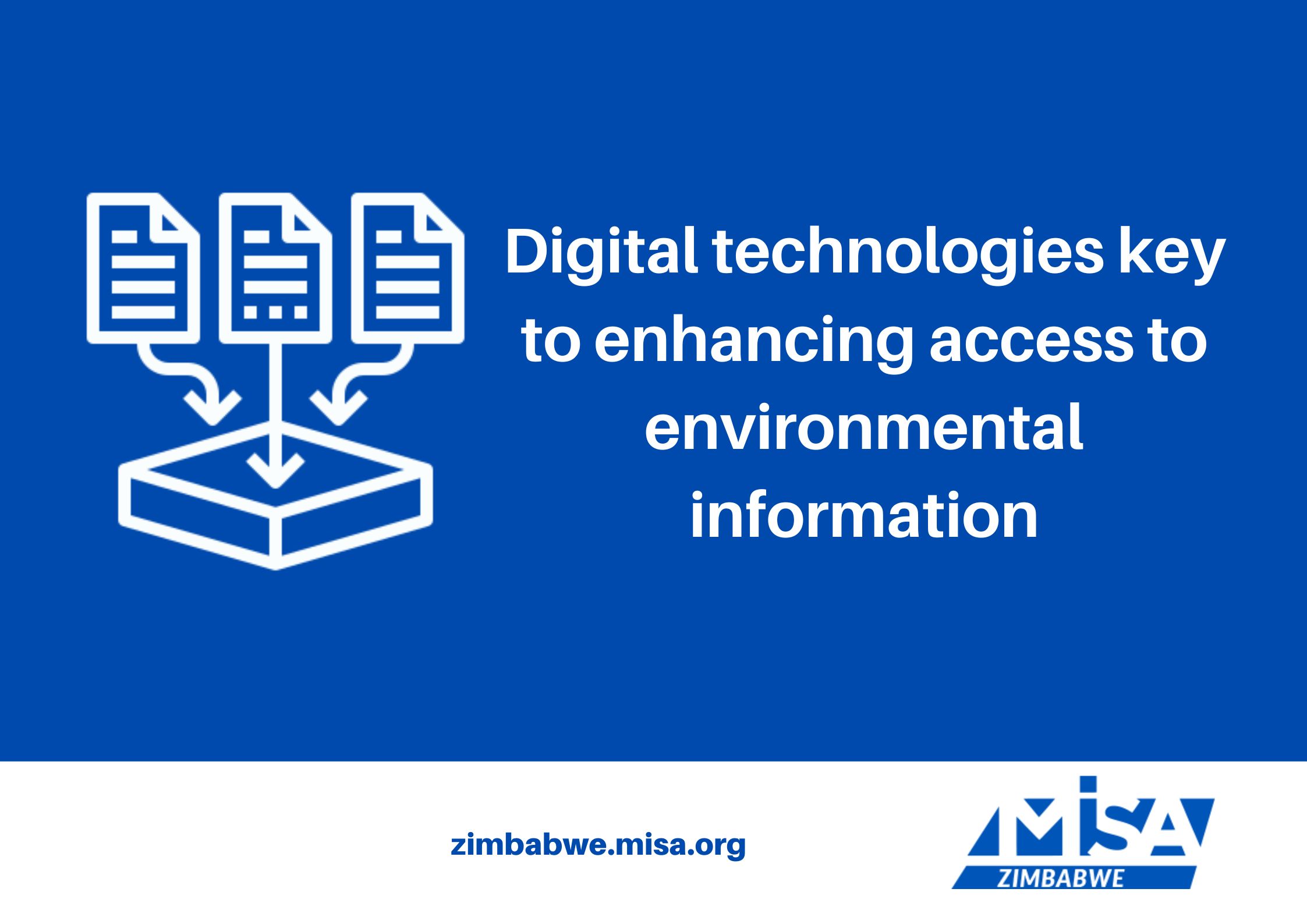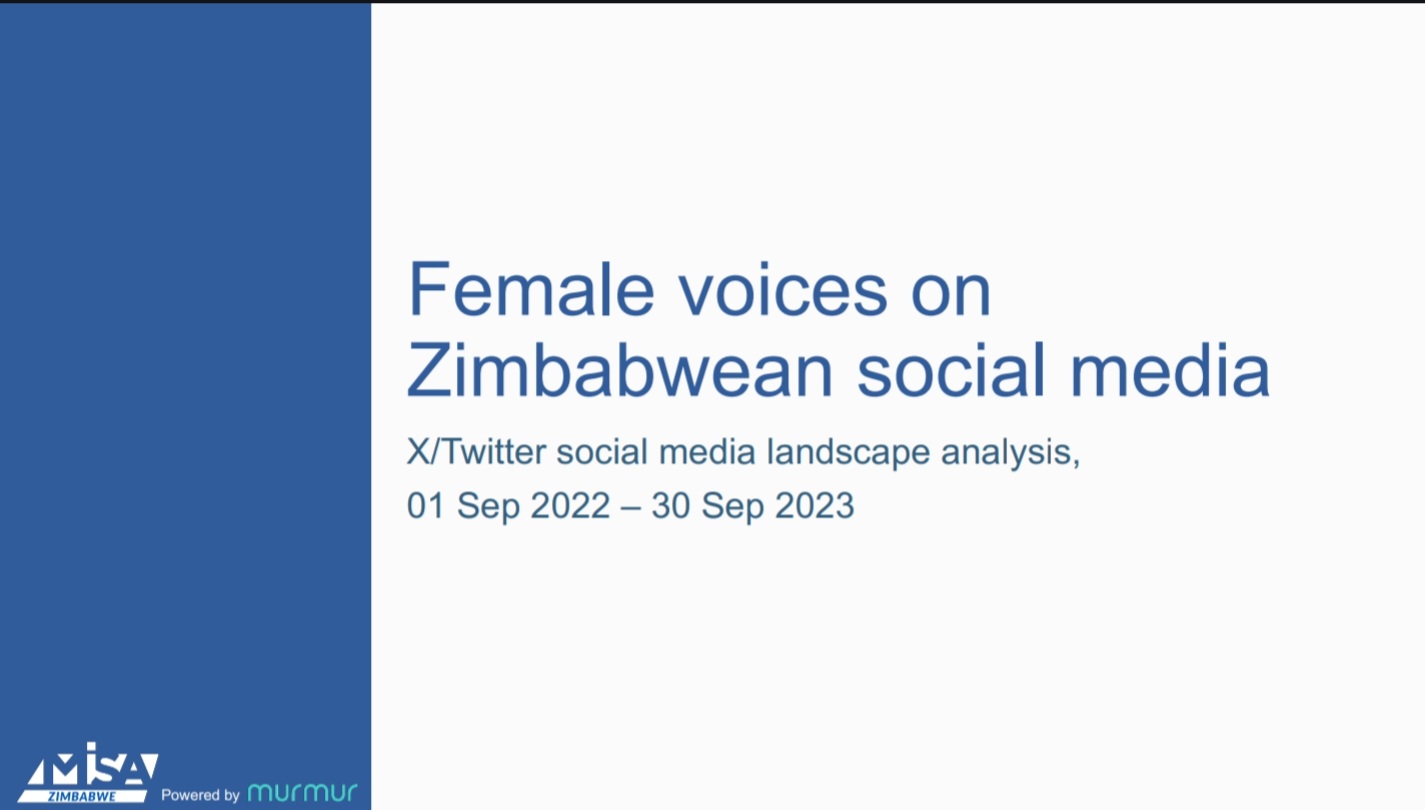This year’s International Day for Universal Access to Information (IDUAI) comes at a time of great strides to enhance citizens’ right to access to information, as aptly captured by the 2024 theme: Mainstreaming Access to Information and Participation in the Public Sector.
Citizens are increasingly utilising the Freedom of Information Act to fulfill their right to access information on issues of concern, thereby fostering accountability and transparency in the administration of public resources.
Access to information has thus empowered citizens to enjoy and defend other rights, such as the right to shelter/housing, a clean environment, and the solution of human-wildlife conflict.
Increasingly, appeals are also being lodged with the Zimbabwe Media Commission (ZMC) as provided by the law, where requests for information would have been denied. According to the ZMC, some of the appeals were lodged by citizens in rural areas, signaling increased awareness of the right to know.
This follows intense training of community-based organisations (CBOs), journalists and citizens in general by the ZMC and MISA Zimbabwe. Equally, the ZMC has been tasked with issuing release orders to public institutions that need to provide the requested information.
MISA Zimbabwe is, however, concerned that some public institutions are still to appoint designated information officers and develop information disclosure policies as required by the Freedom of Information Act. This situation continues to undermine citizens’ right to access information.
While the ZMC noted an increase in the number of appeals lodged by marginalised communities, citizens in rural areas need more ready access to the forms required to make information requests.
Some citizens travel long distances to access a printer and use the prescribed Freedom of Information Act request form. This needs to be addressed to ensure public institutions in rural areas provide and proactively disclose information.
MISA Zimbabwe urges the government to relax the requirements for these forms in remote rural areas and to urgently address this concern to ensure the availability of the required forms.
Section 62 (1) of the Constitution states:
Every Zimbabwean citizen or permanent resident, including juristic person and the Zimbabwean media, has the right of access to any information held by the State or by any institution or agency of government at every level, in so far as the information is required in the interests of public accountability.
Meanwhile, as the world, including Zimbabwe, moves towards embracing Artificial Intelligence (AI), access to credible and verifiable data is imperative. One of the main challenges facing the adoption of AI in Africa is the need for a structured data ecosystem. There is a scarcity of high-quality, diverse, and representative datasets.
This calls for an Open Data Governance approach by the government to empower stakeholders with standardised information to influence the Large Language Models vis-à-vis the Indigenous knowledge systems if Africans and the Global South (Majority) are to be active players in the space of AI and Information Accessibility.
This poses a substantial obstacle to creating AI systems that can effectively address African nations’ unique needs and challenges. Without sufficient and relevant data, AI systems struggle to generalise and perform well in terms of the pronouncements of local languages and understanding and reading dialects or African accents, among other challenges.
This can be addressed by standardising data collection and sharing practices that make aggregating and analysing data from different sources easier. By urgently addressing the data scarcity challenges, African countries can unlock the full potential of AI to drive socio-economic growth and improve social outcomes.
As highlighted by UNESCO, availing this data proactively and when requested, will contribute towards the mantra: Harnessing the Power of Data for Positive Change: A Commitment to Access to Information.
MISA Zimbabwe Statement
Golden Maunganidze
Chairperson
MISA Zimbabwe













